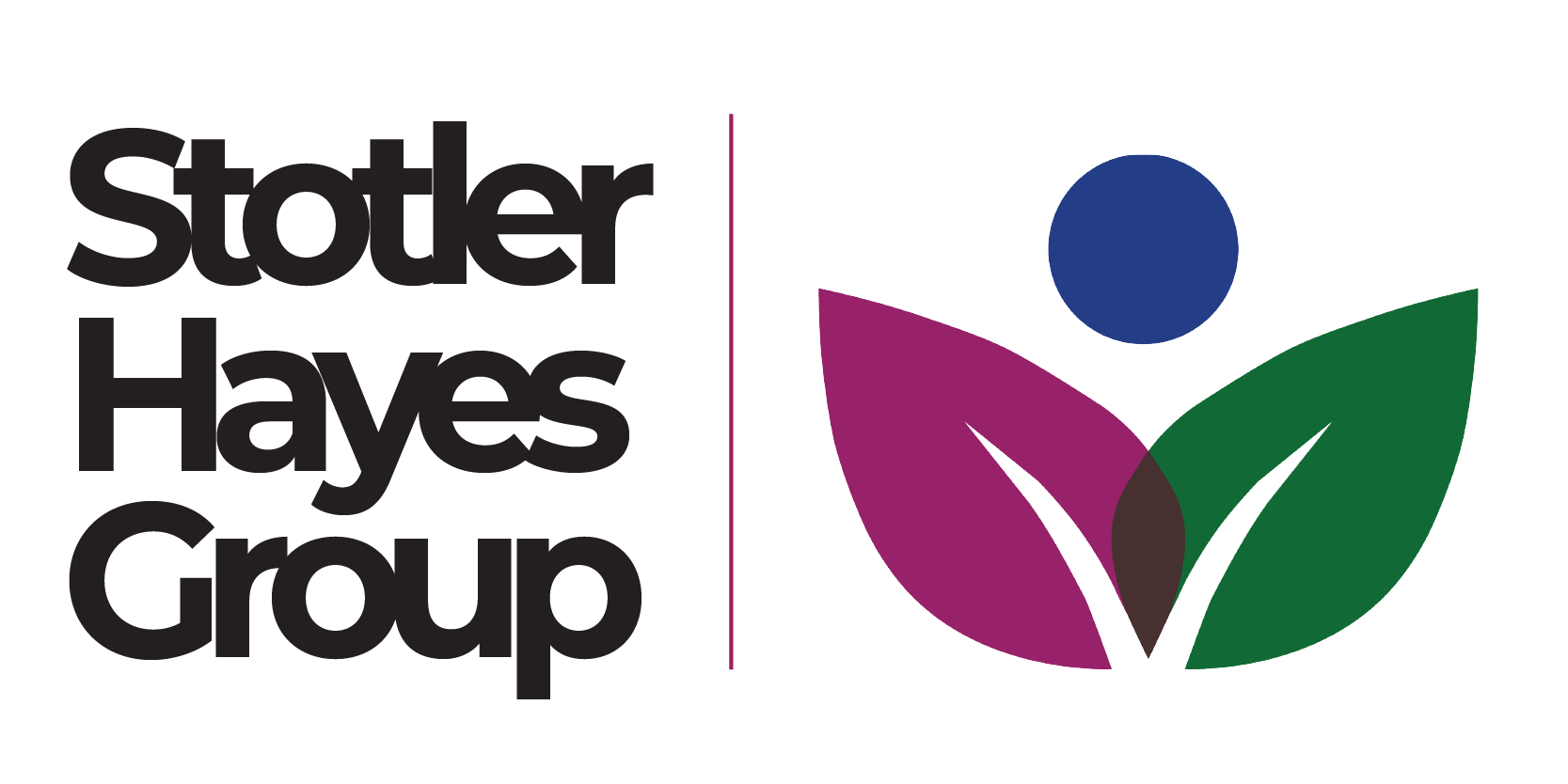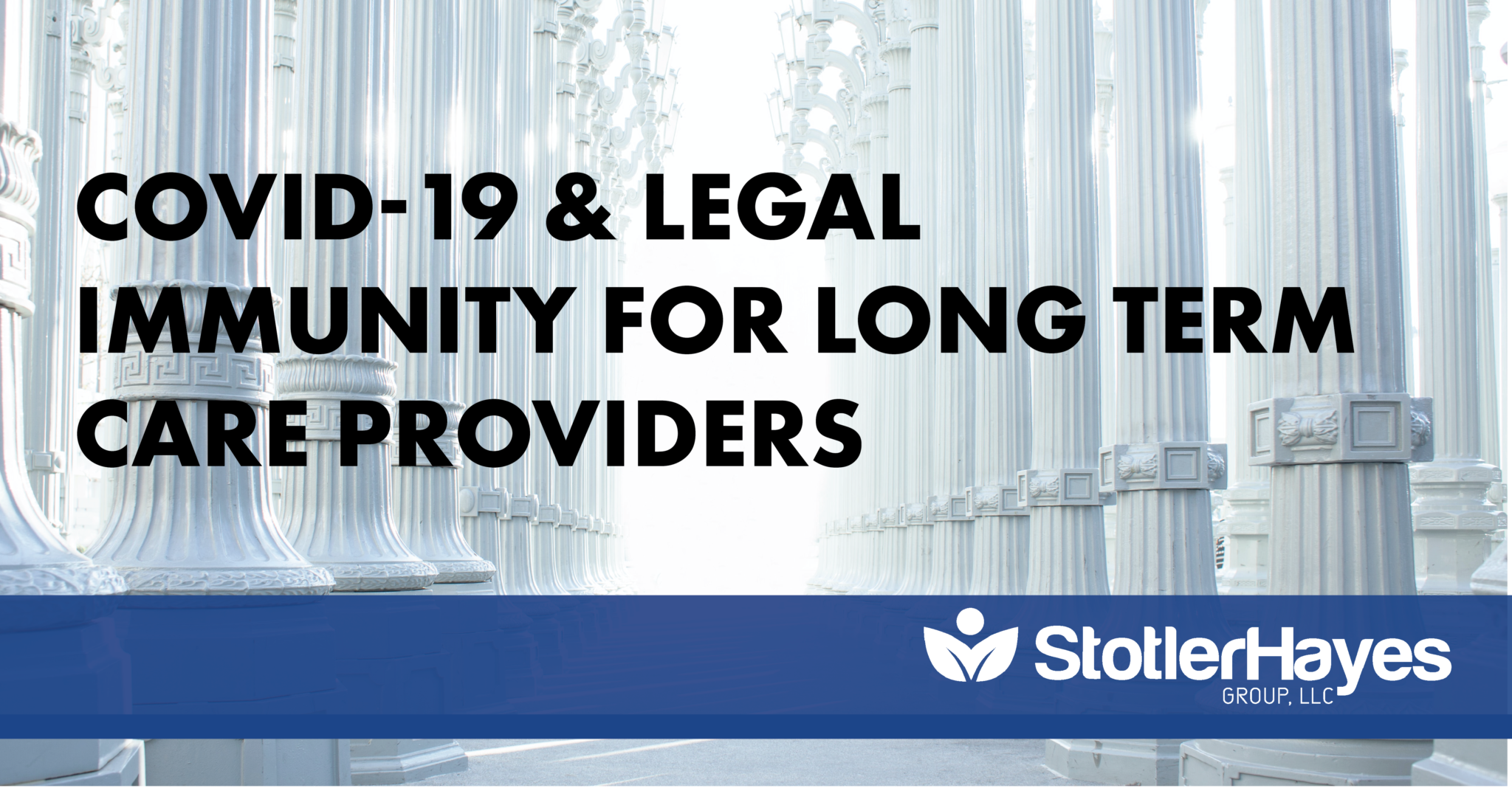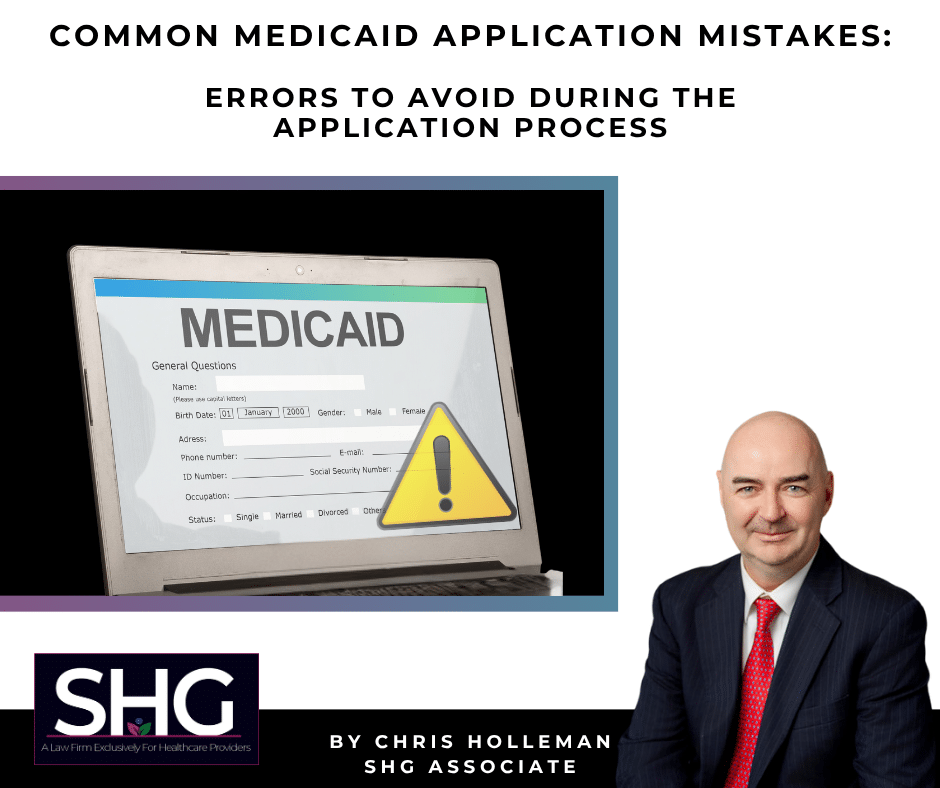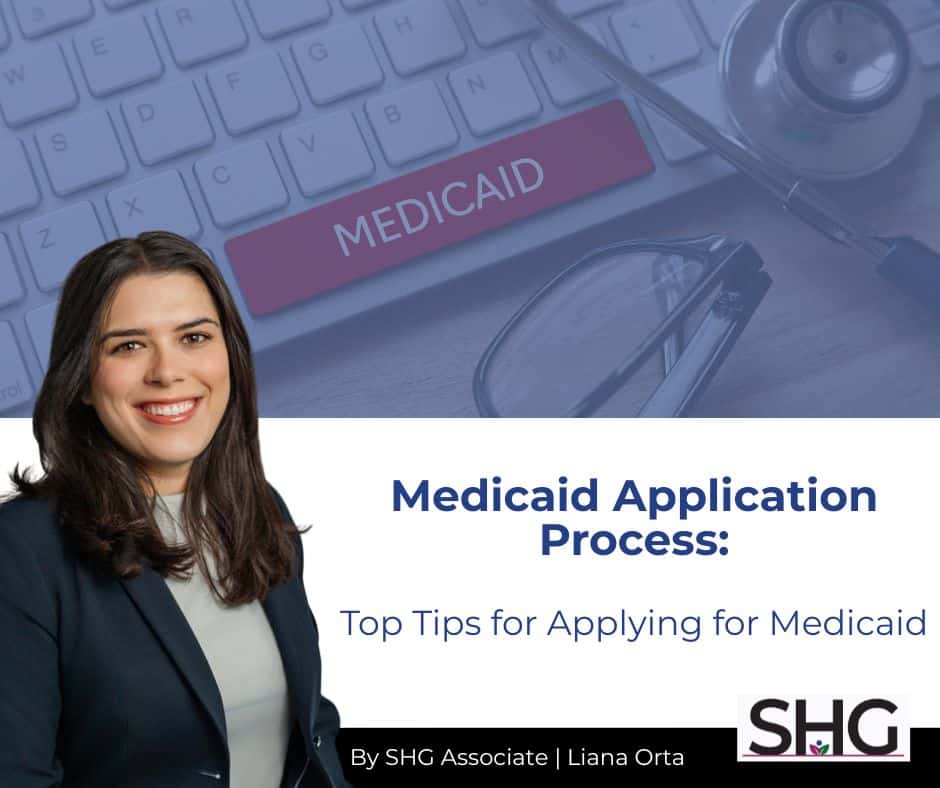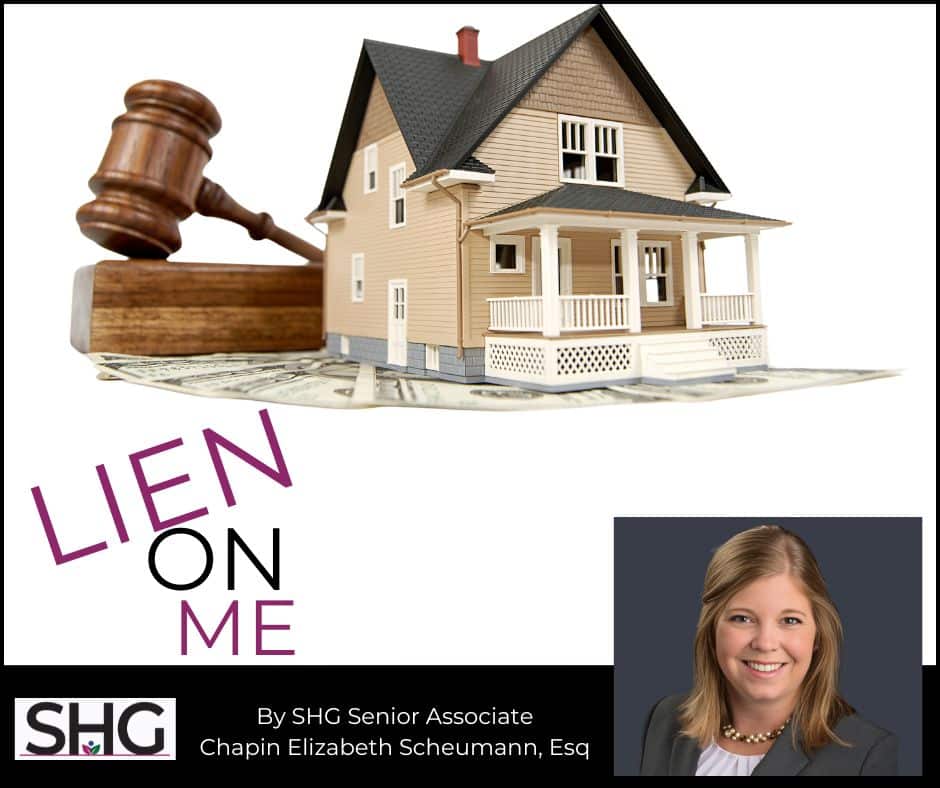As the number of new COVID-19 cases rises across the U.S., possibly confirming the theory of a “second wave,” it is increasingly important for long-term care (“LTC”) providers to be aware of the legal exposure they could face for an outbreak of the virus at their facility. Legal actions filed thus far in various states across the country have shown that LTC providers face the risk of both civil[1] and criminal[2] liability. According to the American Bar Association, 55 civil claims for wrongful death were filed against LTC facilities between the outset of the pandemic and early September 2020.[3]
Several states have adopted, either through the legislative process or by their governor’s executive order, laws that limit the liability of health care providers, including LTC providers, recognizing the important role they serve in the community. To date, there are 26 states that provide some level of protection against COVID-related civil negligence lawsuits and 3 states, North Carolina, New Jersey and New York, that shield against both criminal and civil liability. [4]
LTC providers that operate in states without liability protections have been left looking to the federal government to step in and establish a nation-wide immunity safeguard. As of today, there are only 2 federal acts that contain provisions for health care provider immunity: the CARES Act, which is very limited in scope and applies only to volunteers, and the PREP Act. Both Acts are summarized below, as are the Facilitating Innovation to Fight Coronavirus Act and the SAFE TO WORK Act, which are each still pending approval by Congress.
The CARES Act
The CARES Act took effect on March 25, 2020 and shields healthcare professionals who volunteer to provide pandemic-related medical services from federal and state malpractice lawsuits if, during their volunteer work, they should negligently cause harm.[5] The CARES Act will provide these protections for volunteers only for the length of the public health emergency as declared by the Secretary of Health and Human Services on January 31, 2020 with respect to COVID-19. Immunity protections are not available to a volunteer who causes harm through willful or criminal misconduct, gross negligence, reckless misconduct, conscience flagrant indifference to the rights or safety of the individual, or the rendering of medical care under the influence of alcohol or intoxicating drugs (as determined pursuant to applicable State law).
The PREP Act
On March 10, 2020, the Department of Health and Human Services, issued a Declaration pursuant to the Public Health Service Act to provide liability immunity for harm caused by a licensed health care professional in the course of prescribing, administering or dispensing “covered countermeasures” against COVID-19.[6] A “covered countermeasure” is defined as any medical product used in the treatment of patients infected with Covid-19 that is approved, cleared, authorized or licensed by the FDA; used under an Investigational New Drug application or an Investigational Device Exemption; described in an Emergency Use Instruction issued by the CDC, or otherwise permitted to be held or used for emergency use in accordance with federal law. Covered countermeasures would include any antiviral, any other drug, any biologic, any diagnostic, any other device, or any vaccine, used to treat, diagnose, cure, prevent, or mitigate COVID-19. Like the CARES Act, there is no immunity under PREP for harm resulting from a licensed health professional’s willful misconduct. A bill to expand PREP’s liability shield to include claims of loss caused, arising out of, relating to, or resulting from administration or use of certain respiratory protective devices was introduced on March 2, 2020.[7]
The effect of the PREP Act is to protect LTC providers from liability for using or administering, with the appropriate resident’s permission, medical devices or medications that have been sanctioned on some level by the FDA or CDC, even if not formally approved. Given that there is not yet a standard “cure,” treatment course, or vaccine for the virus, the PREP Act is especially important for LTC providers that want to offer their COVID-positive residents options for their treatment. The effective date of the PREP Act was February 4, 2020, to continue until the Secretary of Health and Human Services rescinds his declaration of a public health emergency.
Facilitating Innovation to Fight the Coronavirus Act
Senator Ben Sasse introduced the Facilitating Innovation to Fight the Coronavirus Act on March 30, 2020. If this Act were signed into law, it would protect, similarly to the PREP Act, health care providers from federal, state and local civil liability if they are testing or treating COVID-positive patients with a medical device in an unapproved or “off-label” manner.[8] It would also allow health care professionals to practice medicine in a field outside of their licensed specialty so long as they are instructed by someone who does have the appropriate license, which could be particularly useful for short-staffed LTC facilities.
SAFE TO WORK Act
The SAFE TO WORK Act, part of the GOP’s one trillion-dollar HEALS Act coronavirus relief package, was introduced on the Senate floor on July 27, 2020.[9] The passage of the comprehensive SAFE TO WORK Act would preempt the current patchwork of state laws as to health care provider’s liability for Covid-related claims of negligence given that the Act has been written to provide the exclusive federal cause of action for same. This would establish a uniform set of protections for all health care providers throughout the country, which would be especially beneficial for LTC providers with facilities in several states.
The Act would also implement several hurdles for a plaintiff to overcome when bringing suit for a COVID-related claim. First, it would impose a one-year statute of limitations for any new claim. Second, it would require that a plaintiff plead with particularity each element of their claim, list all places visited by the plaintiff during the 14-day-period prior to their alleged exposure, and address each alleged act or omission constituting gross negligence or willful misconduct on the part of the medical professional. Finally, it would require that a plaintiff prove, with clear-and-convincing evidence (a heightened evidentiary standard), that a provider acted with gross negligence or willful misconduct and failed to make reasonable efforts to comply with applicable public health requirements. To prove a claim for gross negligence, a potential plaintiff would have to show that an LTC provider acted with deliberate or reckless disregard for a resident’s health and safety. The legislation would apply to all claims for alleged Covid-related injuries, including those brought by LTC facility employees who contracted the virus at work. It would be in effect for a period of 5 years, beginning December 1, 2019 and ending either once the declaration of a public health emergency is rescinded or October 1, 2024, whichever is earlier.
An updated version of the HEROES Act, the Democratic equivalent of the HEALS Act, was approved by a majority vote of the House of Representatives on October 1, 2020.[10] It too contains provisions to shield health care providers from COVID-related claims of liability. However, it is unlikely that this Act will advance any further or be signed into law as Senator Mitch McConnel has stated that the Senate will not consider the bill.[11]
Stotler Hayes Group, LLC (“SHG”), will continue to aggressively monitor: any amendments to existing federal legislation, the status of pending federal legislation, and the introduction of new federal legislation to provide our clients with timely updates as to same. We will also be collaborating with various long-term care associations to promote the enactment of national COVID-litigation immunity legislation. Please reach out to us with any questions you may have regarding the status of COVID-litigation immunity legislation in your state(s) and/or on the federal level.
[1] Harris Meyer, “Coronavirus-related deaths in nursing homes prompt lawsuits and questions about who’s responsible,” ABA Journal, October 1, 2020, https://www.abajournal.com/magazine/article/coronavirus-related-deaths-in-nursing-homes-seed-lawsuits-and-questions-about-whos-responsible.
[2] See SHG’s blog post regarding the first Covid-related criminal proceedings to be brought against a LTC facility’s administrators, available here: https://www.stotlerhayes.com/ltc-providers-and-covid-19-litigation/.
[3] See fn. 1, supra.
[4] Samuel Brooks, Robyn Grant and Michael F. Bonamarte, “States Move to Shield LTC Facilities from Civil Liability,” Bifocal, A Journal of the ABA Commission on Law and Aging,” July 23, 2020, https://www.americanbar.org/groups/law_aging/publications/bifocal/vol-41/vol-41–issue-no-6–july-august-2020-/states-move-to-shield-ltc-facilities-from-liability/.
[5] A copy of the CARES Act is available here: https://www.congress.gov/116/bills/hr748/BILLS-116hr748enr.pdf.
[6] A copy of the Declaration and summary of same is available here: https://www.phe.gov/Preparedness/legal/prepact/Pages/COVID19.aspx.
[7] A copy of the proposed Health Care Workforce Protection Act of 2020 is available here: https://www.congress.gov/bill/116th-congress/senate-bill/3372/text.
[8] A copy of the proposed Facilitating Innovation to Fight the Coronavirus Act is available here: https://www.congress.gov/bill/116th-congress/senate-bill/3630/text.
[9] A copy of the proposed SAFE TO WORK Act is available here: https://www.congress.gov/bill/116th-congress/senate-bill/4317/text.
[10] A copy of the proposed HEROES Act is available here: https://www.congress.gov/bill/116th-congress/house-bill/8406/text?q=%7B%22search%22%3A%5B%22covid%22%5D%7D&r=7&s=2.
[11] Stephen Cooper, “House Passes 2.2T In Virus Relief as Negotiations Continue,” Law360, October 1, 2020, https://www.law360.com/health/articles/1314589/house-passes-2-2t-in-virus-relief-as-negotiations-continue?nl_pk=c87c4fef-2c28-4720-bc7e-cd130ca9ecba&utm_source=newsletter&utm_medium=email&utm_campaign=health&read_more=1&attachments=true.
